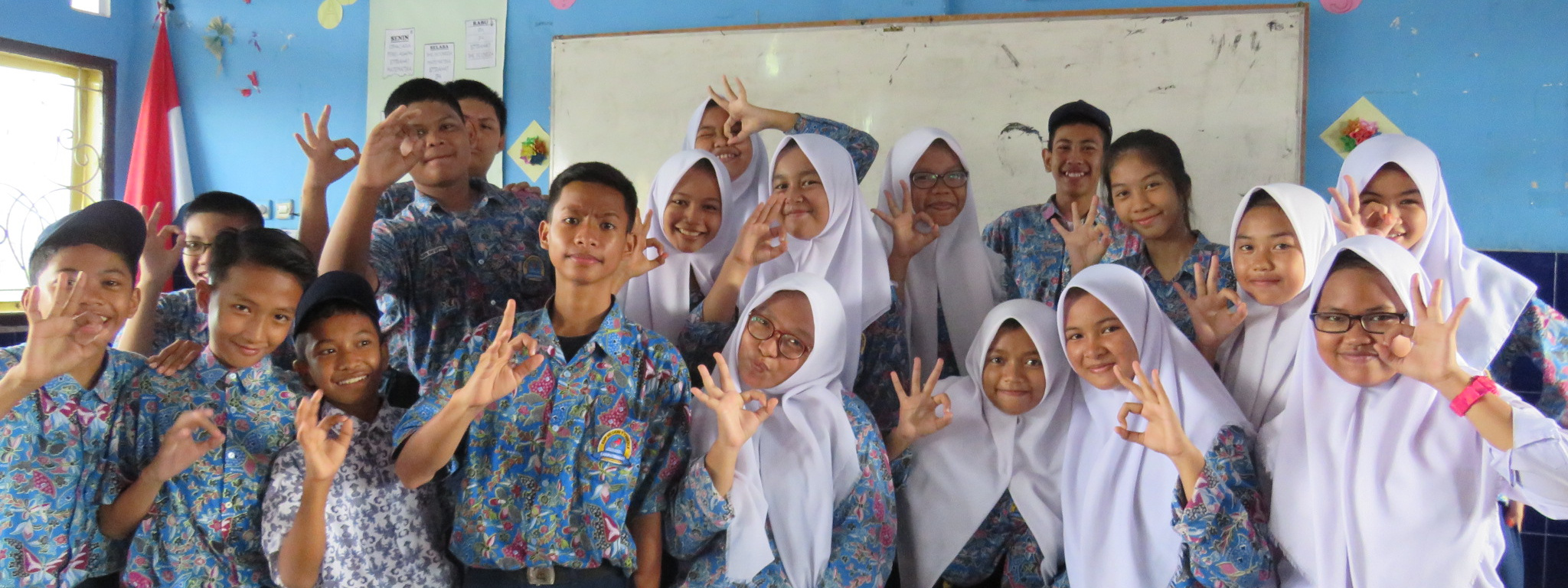Context
Approximately 1.4 million children worldwide are at risk of going blind, including 1 million in Asia. Indonesia is a country with one of the highest rates of blindness in the world, particularly in the southern region of Sulawesi.
The region is affected by malnutrition and seismic natural disasters, which are major or aggravating factors in eye diseases. Screening them is essential to prevent blindness, as well as to help them succeed at school and achieve their ambitions.
Supported project
In 2019-2020, L'OCCITANE Indonesia and the Foundation supported Helen Keller International in her project to fight childhood blindness in the South Sulawesi region of Indonesia. The objective was to work with all actors in the health system to improve it and to offer adapted treatments to children suffering from visual impairment.
As a first step, nurses were trained in 276 schools to screen and diagnose children using kits created for this purpose. The nurses were also responsible for raising awareness among teachers about the various eye pathologies and encouraging the use of glasses among children. Finally, regulations were put in place so that related medical expenses can be covered by health insurance.
Some figures
Budget 10.082 euros
Results 483.223 beneficiaries
History
Project supported since 2017
In 2017, LOCCITANE Indonesia and the L'OCCITANE Foundation have started to support Helen Keller International in Indonesia for its project "Addressing causes and consequences of childhood blindness in South Sulawesi".
Testimony
Mrs. Sitti Hajar has been working in the division of non-communicable diseases in the District Health Office of Enrekang, in Indonesia’s South Sulawesi province. This is her story and that of her son, Ardi who is 13 years old and has a squint. The symptoms of strabismus began to appear in Ardi’s right eye when he was just 2 years old. Mrs. Sitti took him to an ophthalmologist in Pare-Pare, 3 hours from her home, because at that time there was no ophthalmologist in Enrekang. She was sad when the doctor advised surgery for Ardi. Sitti’s family discouraged her from taking Ardi for surgery, so his condition was left untreated. Last year, Sitti was selected by the District Health Office of Enrekang to take part in child eye health training in Makassar, facilitated by HKI. Following this training, she became a district trainer for Enrekang, and now trains primary health center staff, teachers, and community health workers. She tells her trainees that there must be no more cases like Ardi.”
Mrs. Sitti Hajar, beneficiary from the Helen Keller International’s project in 2019-2020


